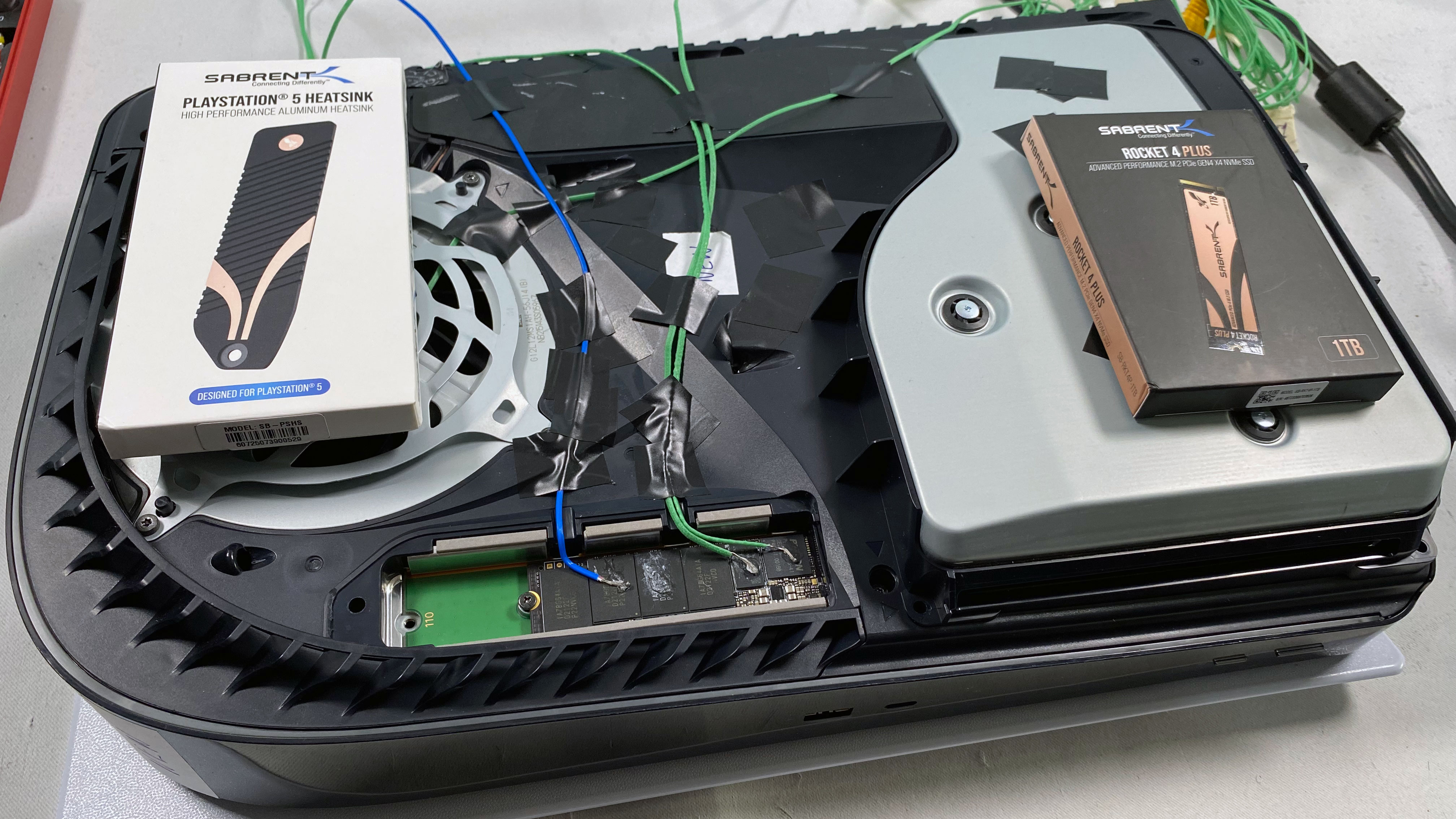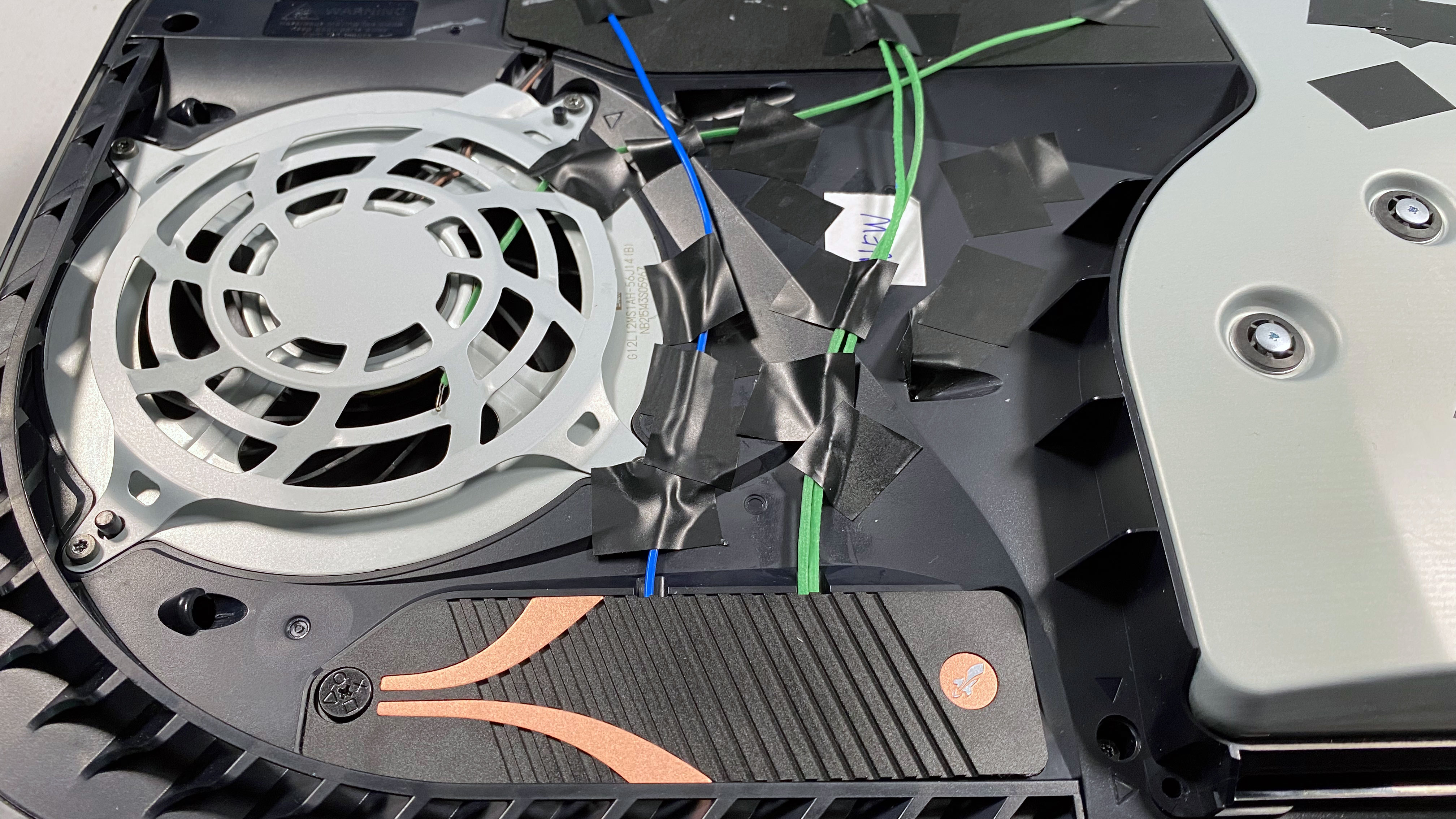Sabrent PS5 Heatsink Tested: Cooler Temps, Faster Speeds
PS5 can take an extra SSD for more storage. Keep it cool with Sabrent's heat sink.
Cyber Monday Deal Alert!
Sabrent 4TB Rocket 4 Plus NVMe SSD: was $999, now $749 at Amazon (save $250)
The 4TB Sabrent Rocket 4 Plus SSD delivers up to 7.1GB/s of read and 6.6 GB/s of write throughput and is now on sale at its all-time lowest price.
In a previous article, we confirmed that it is better to use a heat sink with the upgrade M.2 SSD that you install in your PlayStation 5 to supplement the console's internal storage. The next best way is to remove the SSD cover. However, Sabrent has a different idea, replacing the original SSD cover with one that includes a heat sink, making the SSD installation a breeze.
The PS5's internal storage space is restricted to 825GB, with a notable amount already taken up by the operating system, so adding a fast NVMe drive, preferably one of the best SSDs, will allow you to have more games installed on your console. You need to worry, though, about the SSD's operating temperatures, and this is why Sony recommends using a heat sink with it.
As we mentioned in the prior article, there are some strict hardware requirements for the PS5's upgrade SSD. It has to be compatible with the PCIe 4.0 interface, and its capacity must be in the 250 GB - 4 TB range. The most important factor is speed, with Sony recommending at least 5,500 MBps sequential read speed. Finally, you also have to update to a newer firmware which unlocks PS5's M.2 slot.
| Interface | PCI-Express Gen4x4 supported M.2 NVMe SSD (Key M) |
| Storage | 250 GB - 4 TB |
| Supported sizes | 2230, 2242, 2260, 2280, 22110 |
| Size including heat-dissipation mechanism | Width: up to 25 mm Length: 30/40/60/80/110 mm Thickness: up to 11.25 mm |
| Sequential read speed | 5,500MB/s or faster is recommended |
| Socket type | Socket 3 (Key M) |
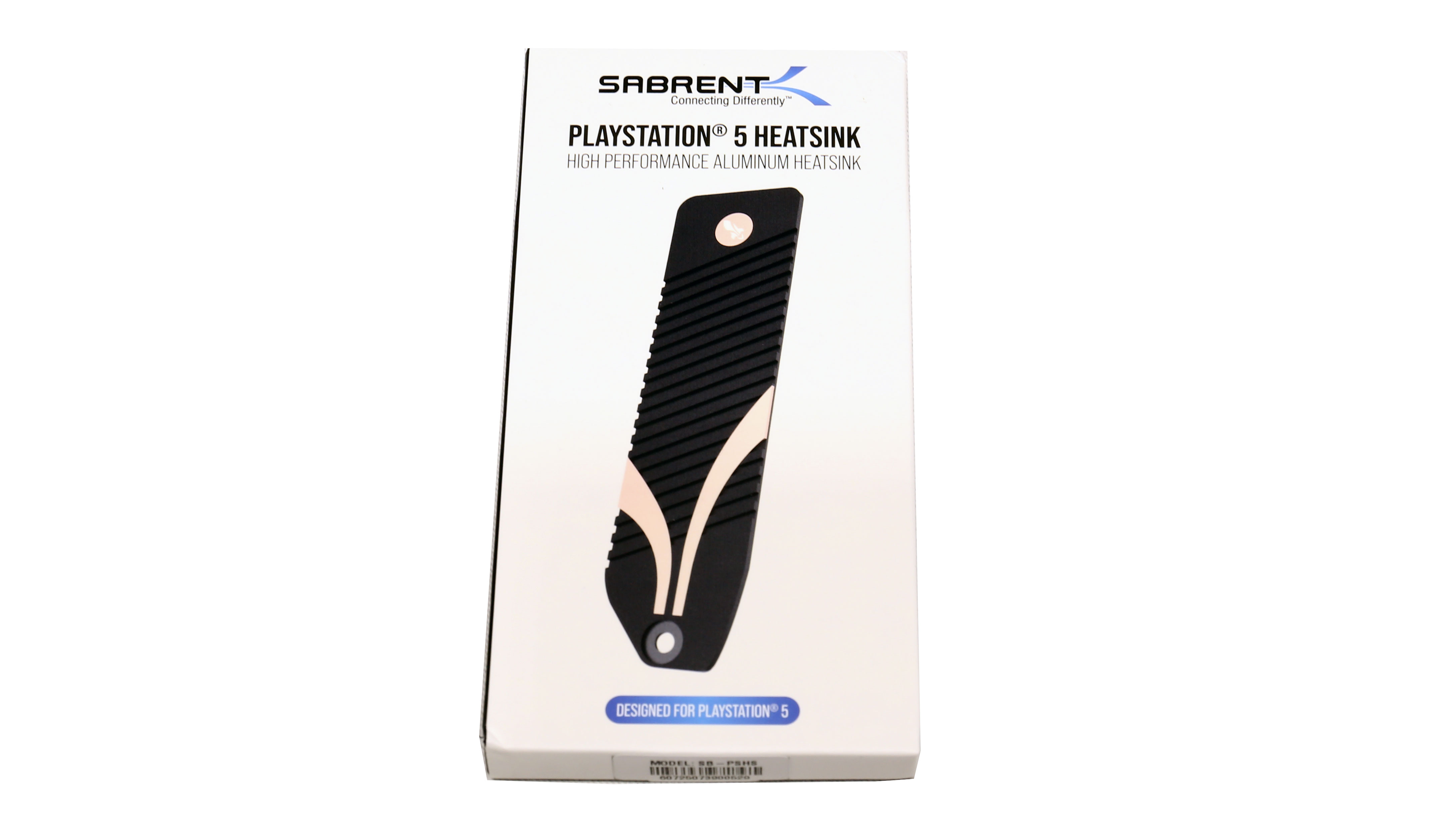
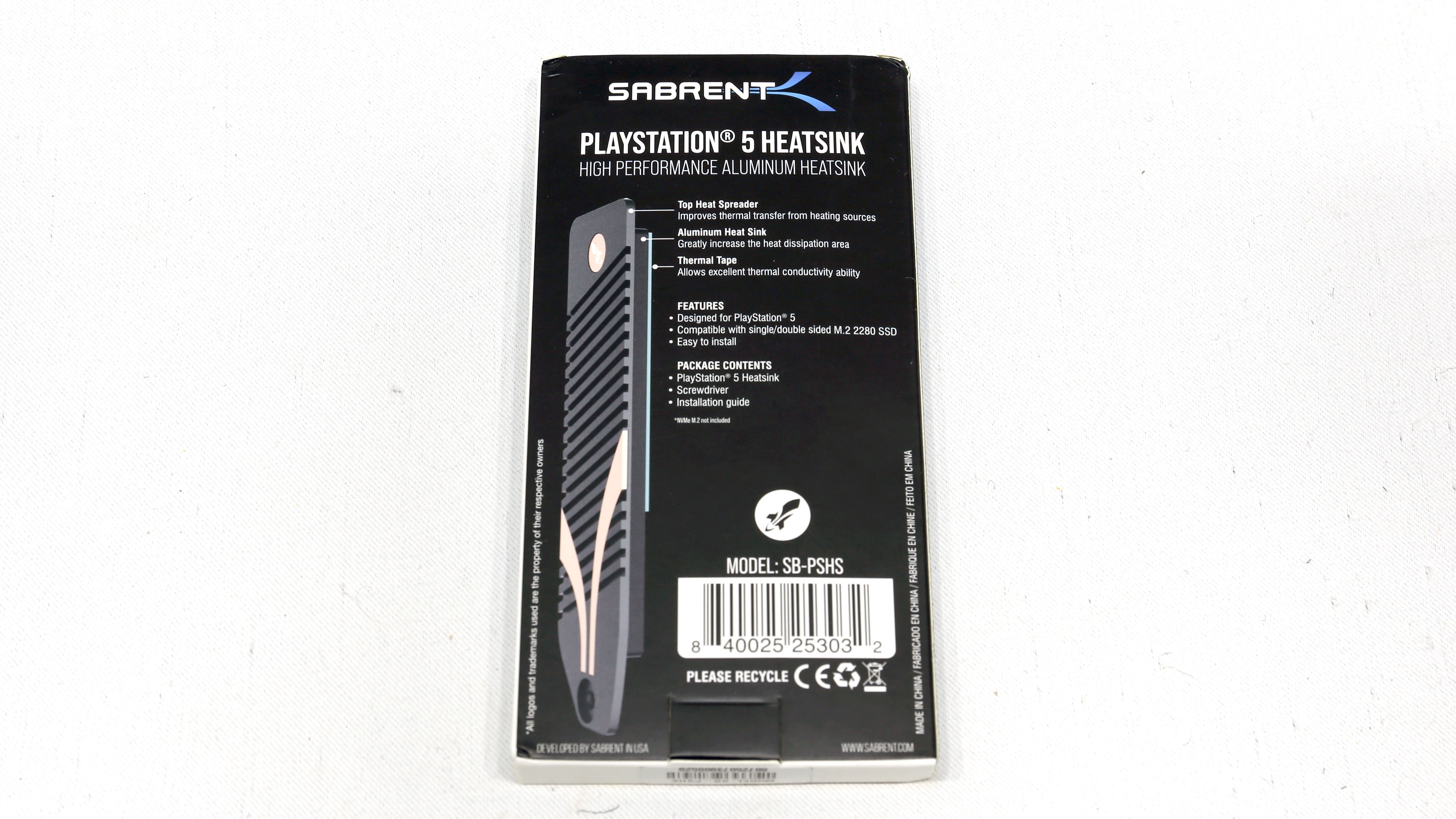
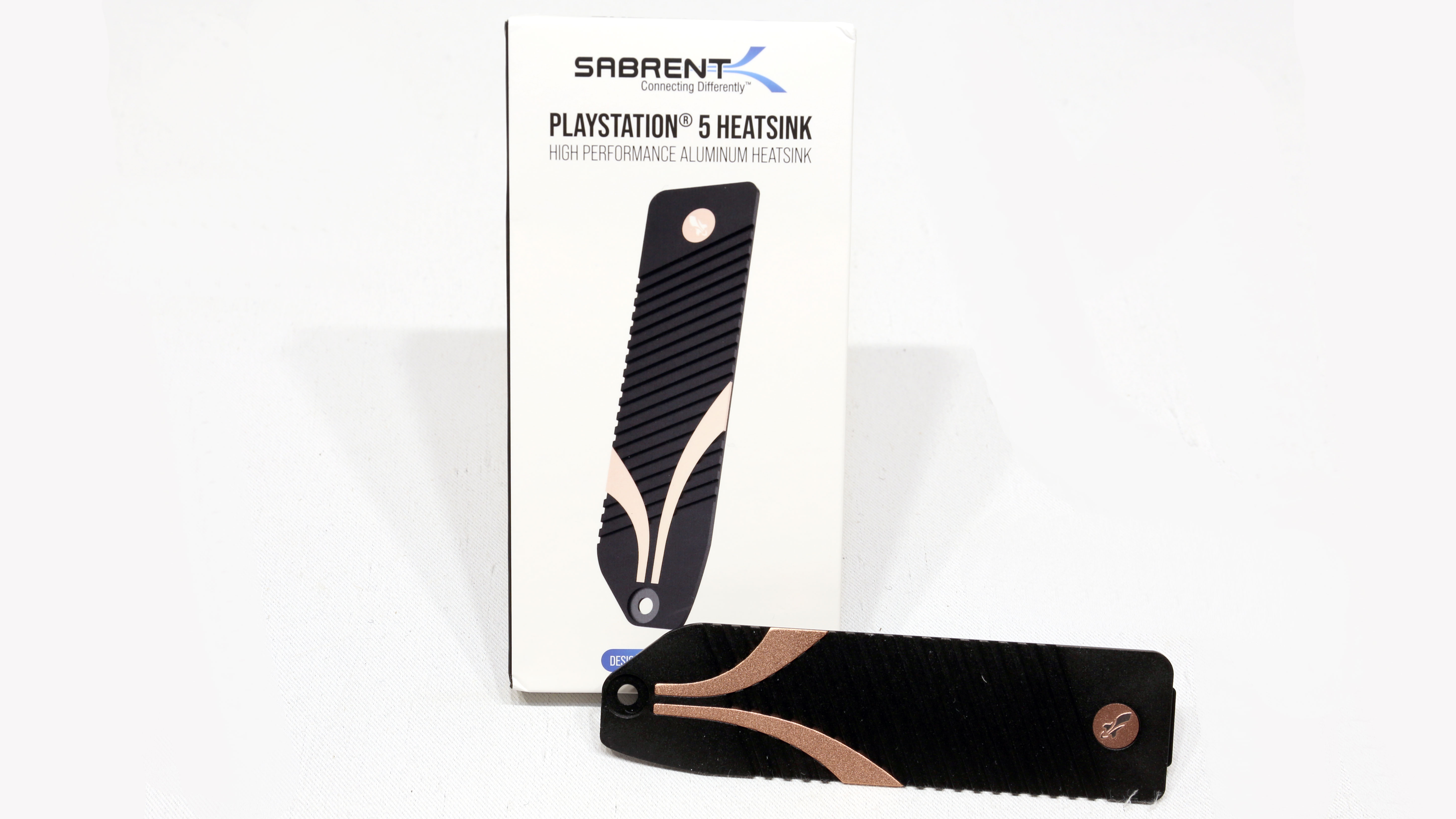
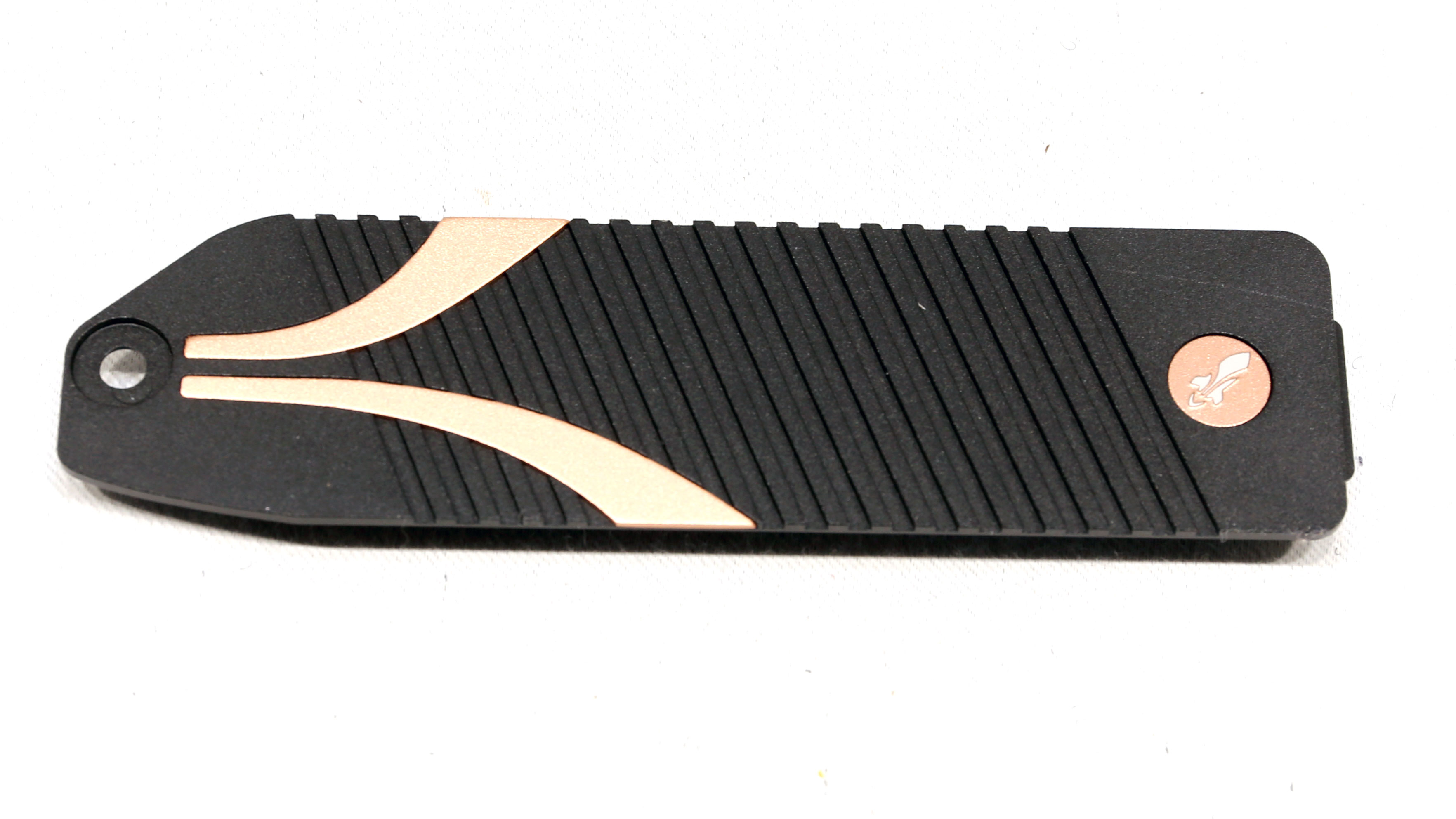
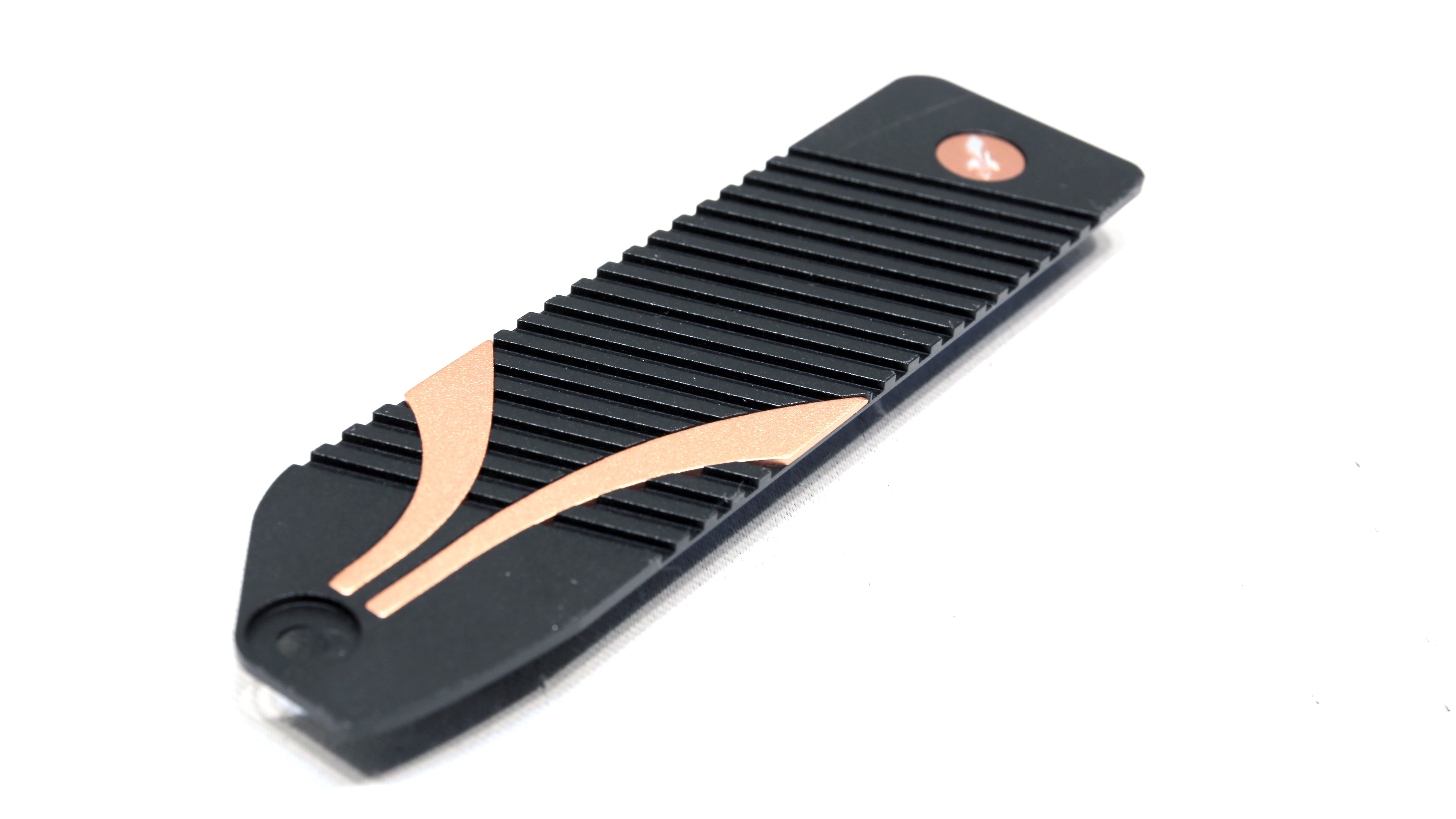
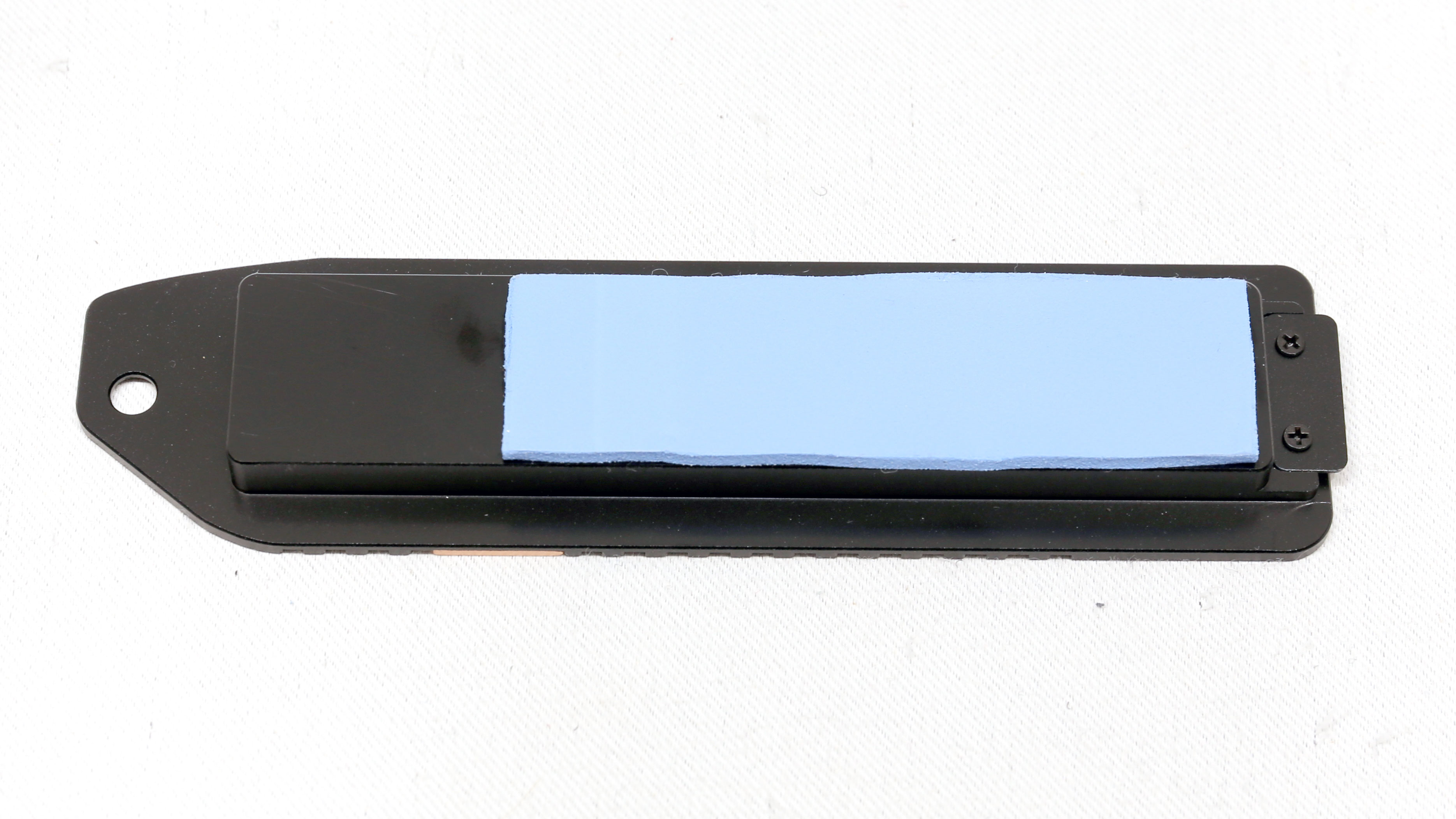
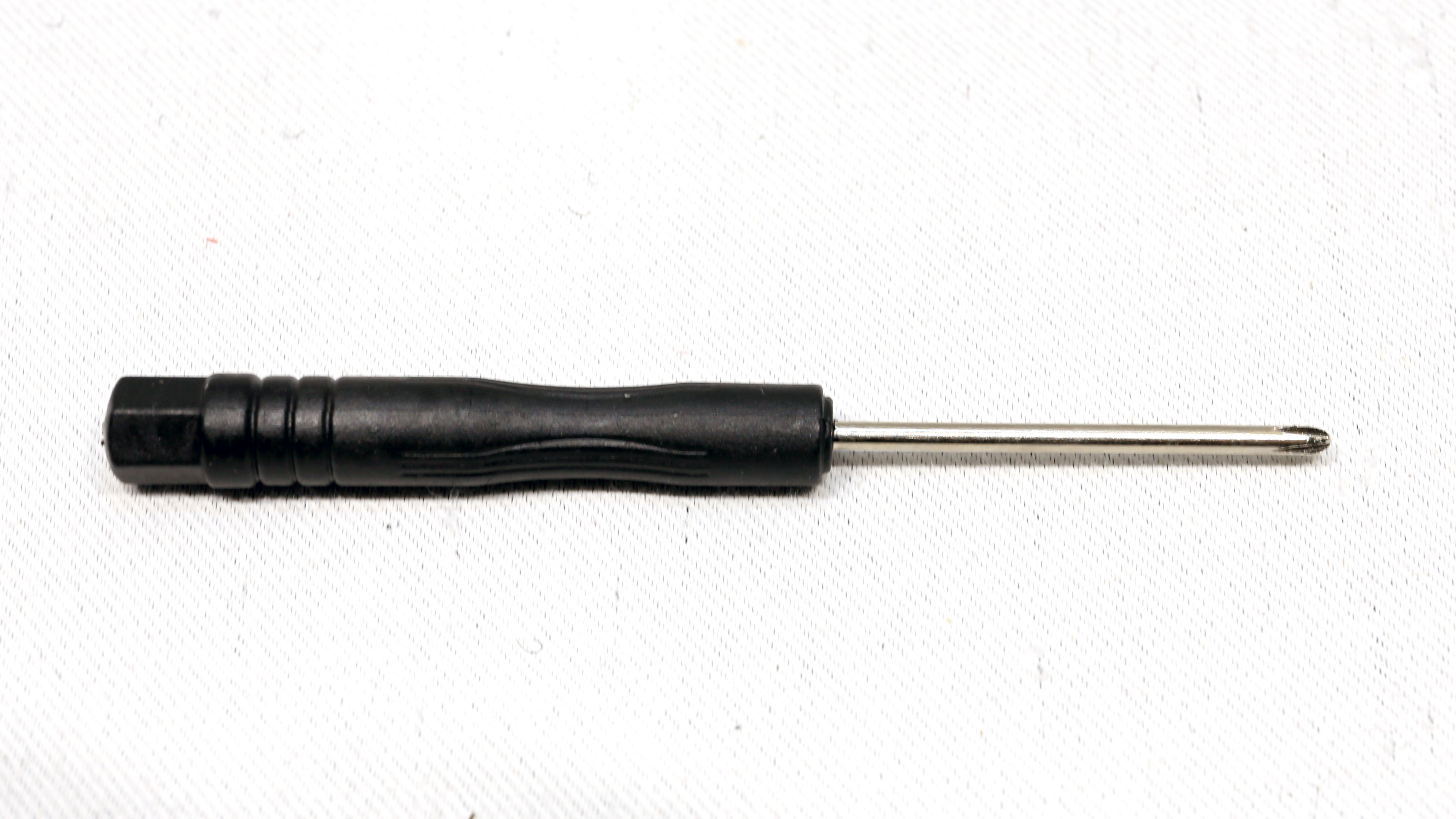
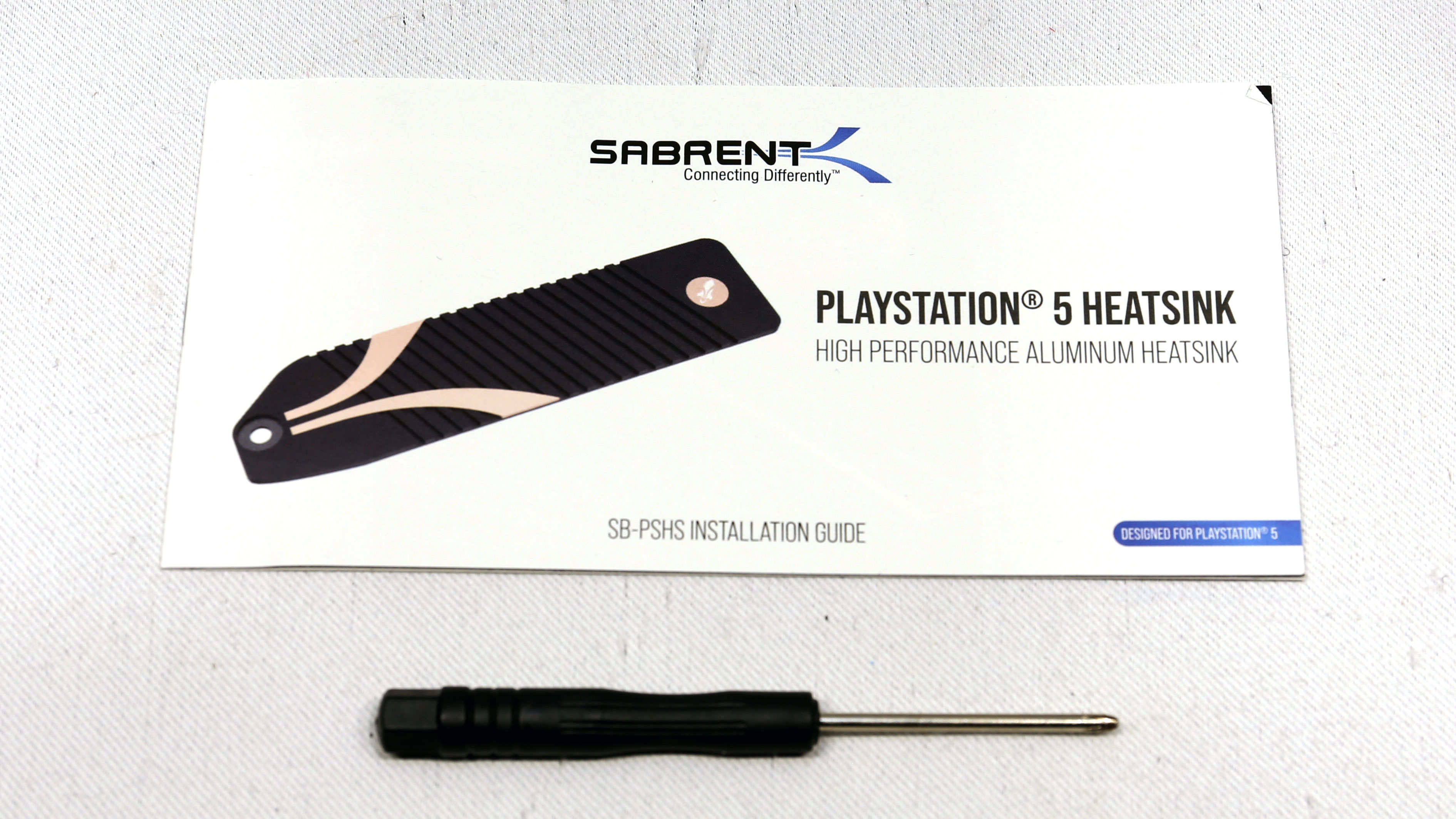
Sabrent's M.2 NVMe PS5 heat sink is a direct replacement for your PS5's original SSD cover, and it fits perfectly. The 20 dollar price tag is fair, given its build quality and it will also save you time since it allows you to install any NVMe drive without having to bother with the installation of an extra heat sink.
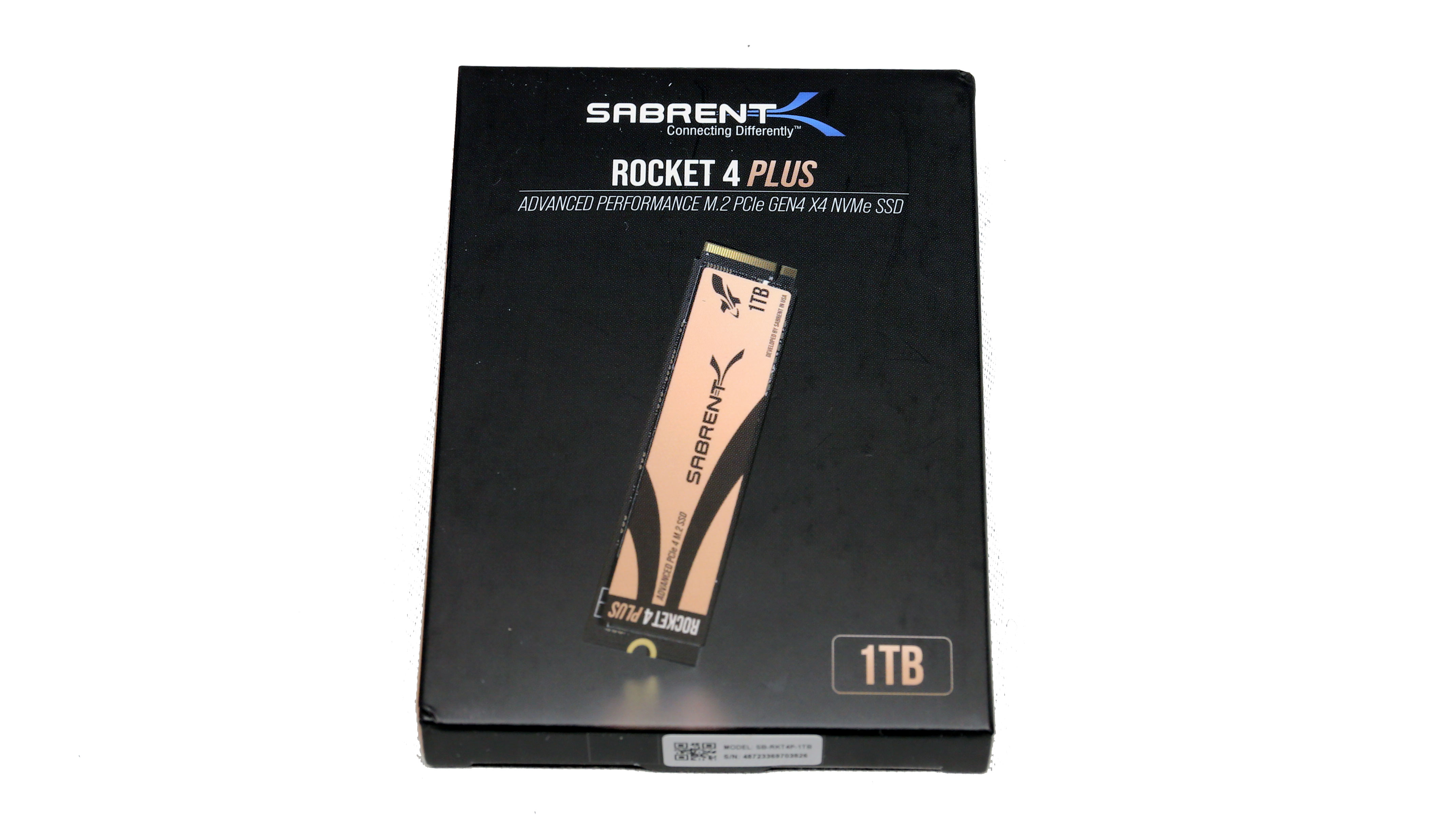
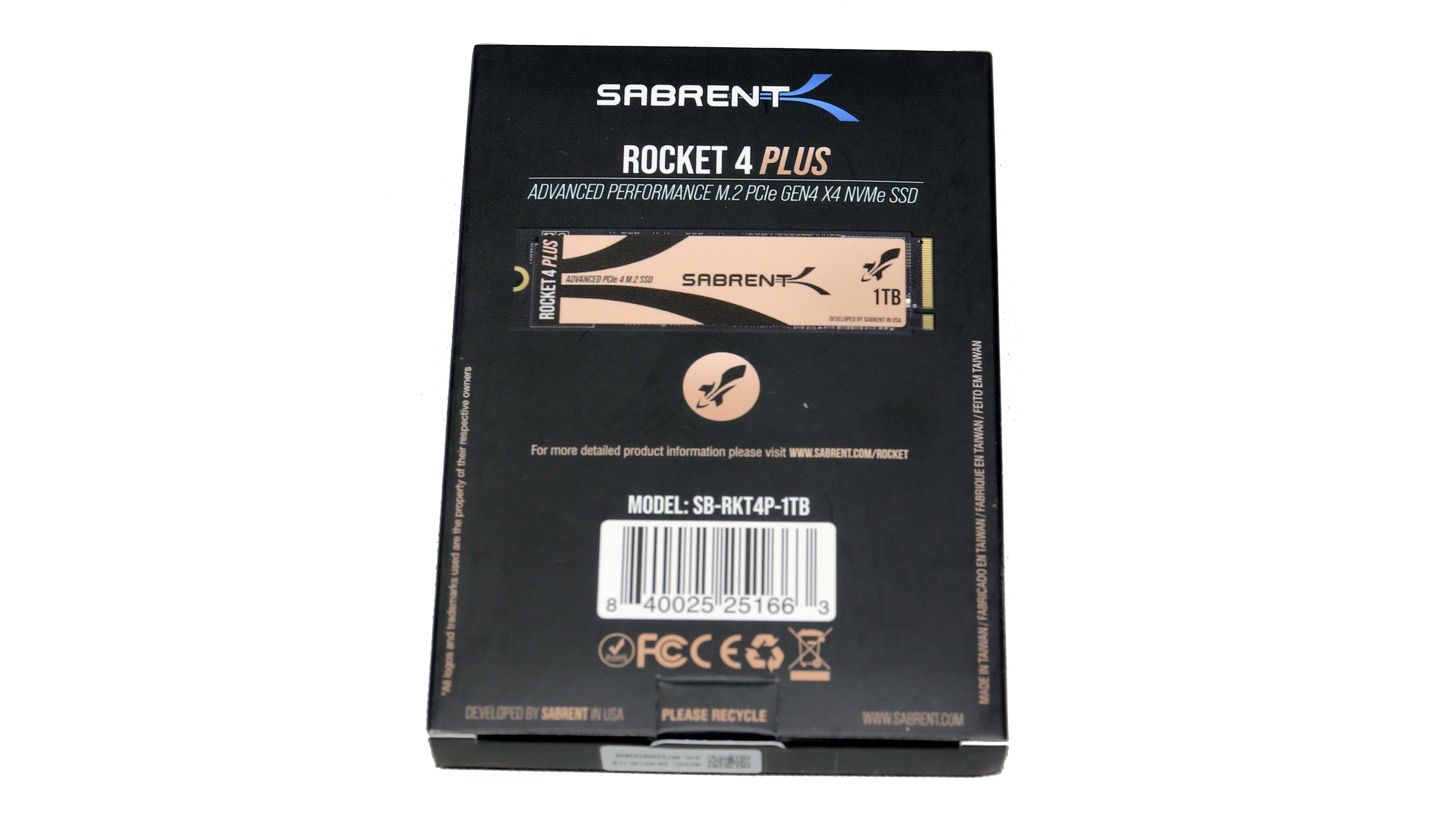
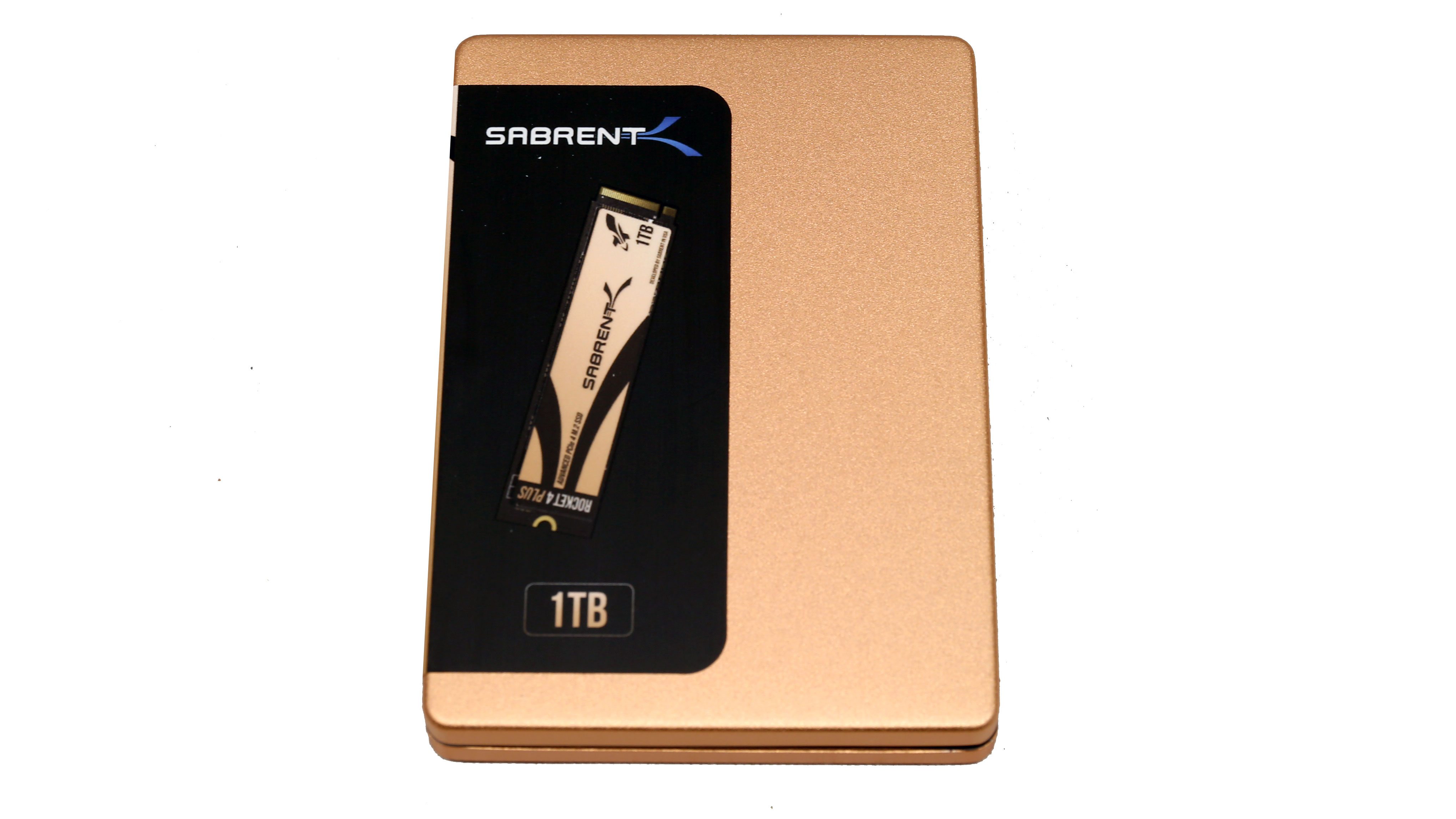
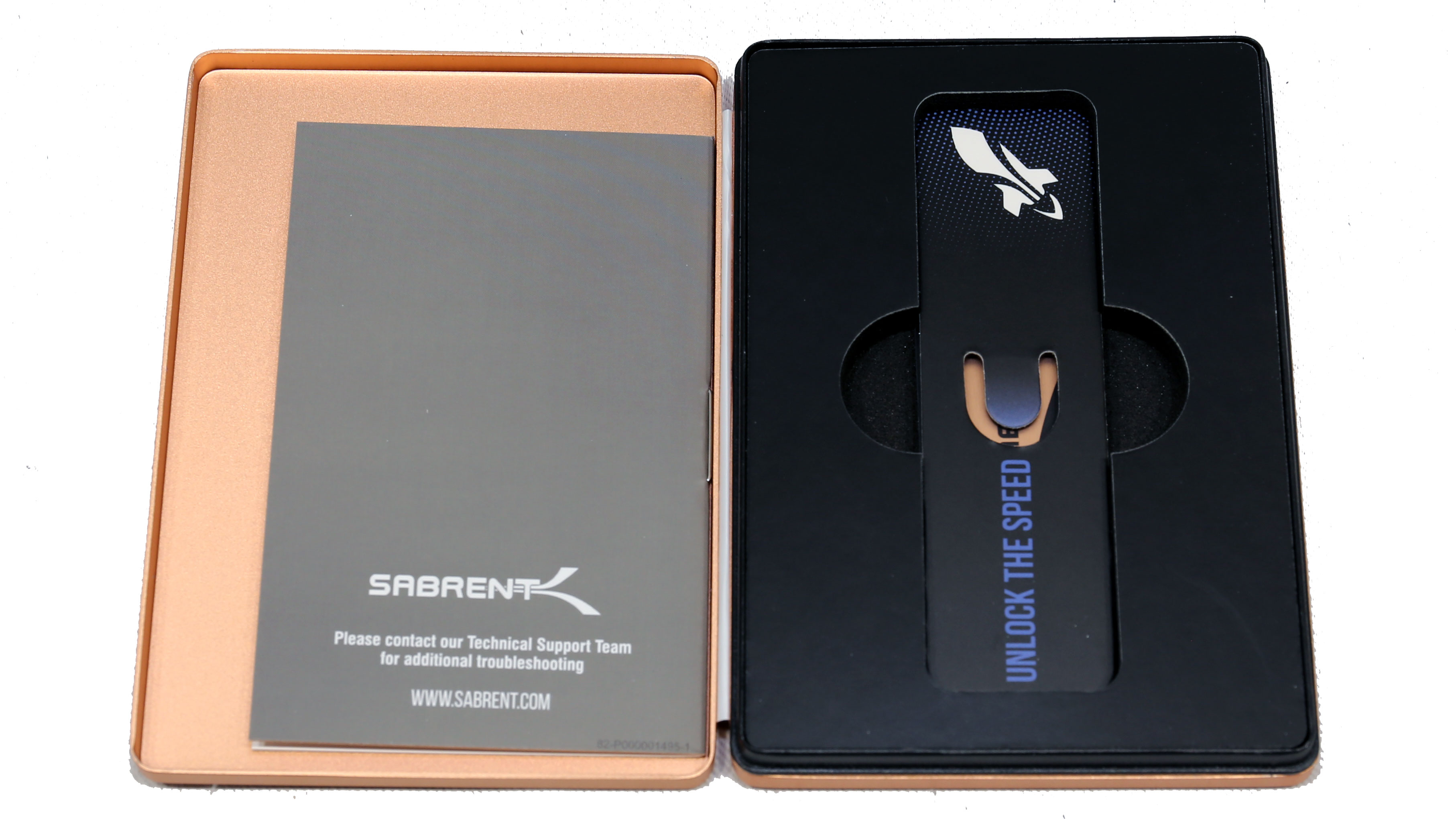
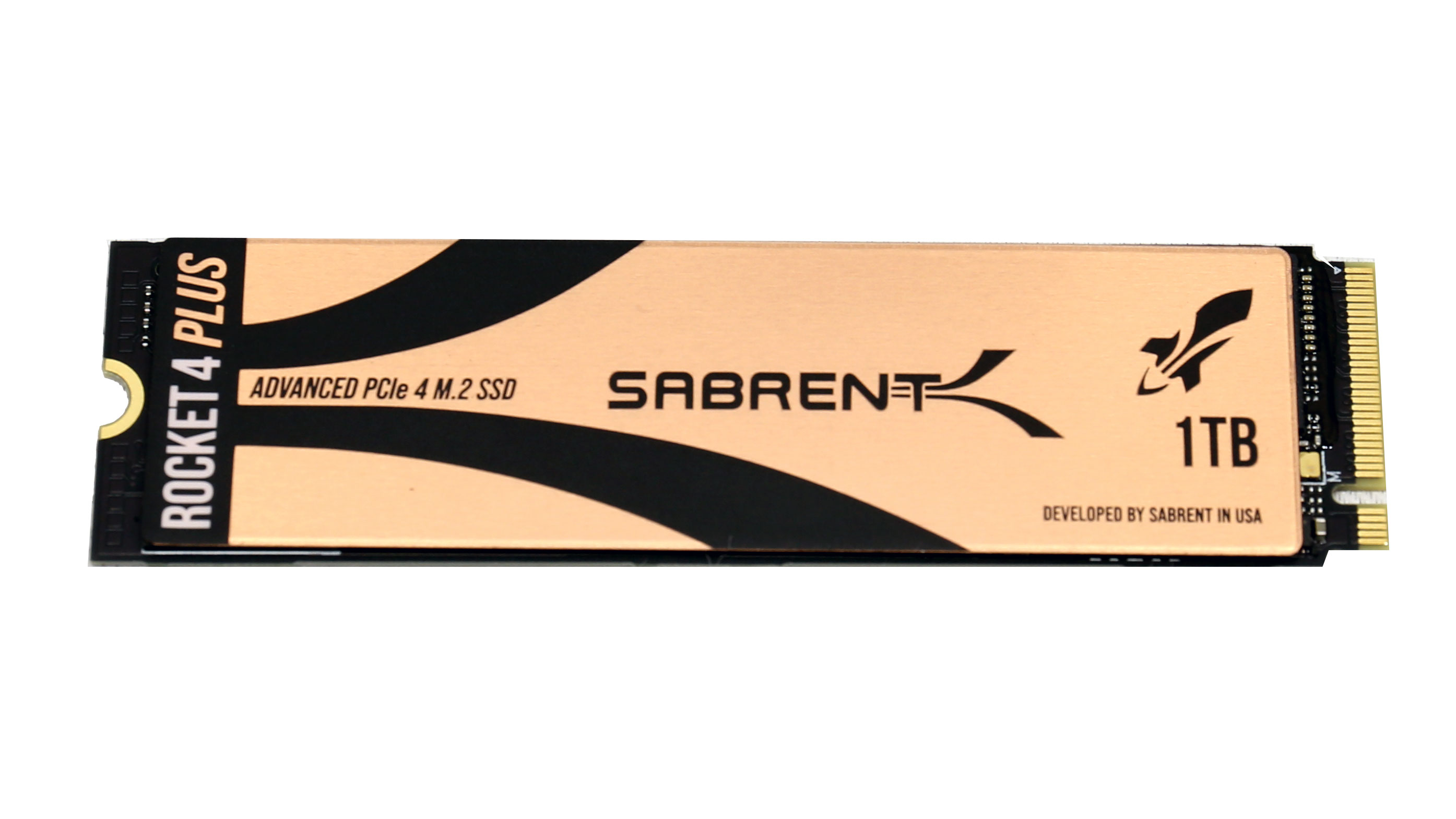
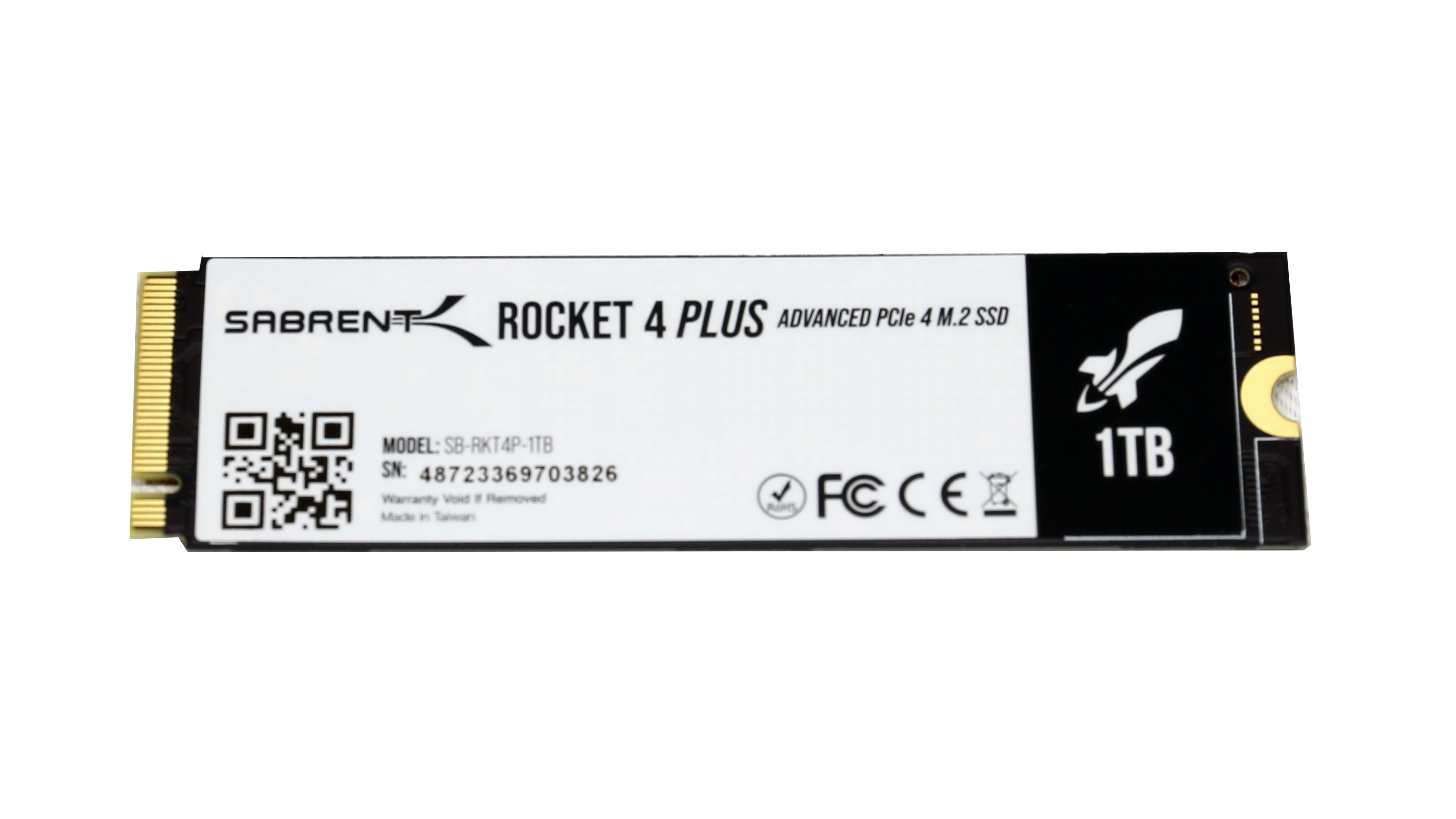
Sabrent was kind enough to ship is the aforementioned heat sink with one of its SSD products, the 1TB Rocket 4 PLUS, which is compatible with the PS5 since its sequential read speeds reach 7000 MBps with the write speeds at 6600MBps.
Get Tom's Hardware's best news and in-depth reviews, straight to your inbox.

Aris Mpitziopoulos is a contributing editor at Tom's Hardware, covering PSUs.
-
gggplaya I like the clean install of this sabrent heatsink. Can it be placed on the WD SN850 instead of the ICY heatsink?Reply -
TDI10 Reply
It would have been interesting to see the temperature/performance results for the SN 850 with the Sabrient cover installed.Admin said:Sony's PS5 can take now an M.2 SSD. It is better to install it along with a heat sink.
Sabrent PS5 Heatsink Tested: Cooler Temps, Faster Speeds : Read more
Thanks for another great review!

